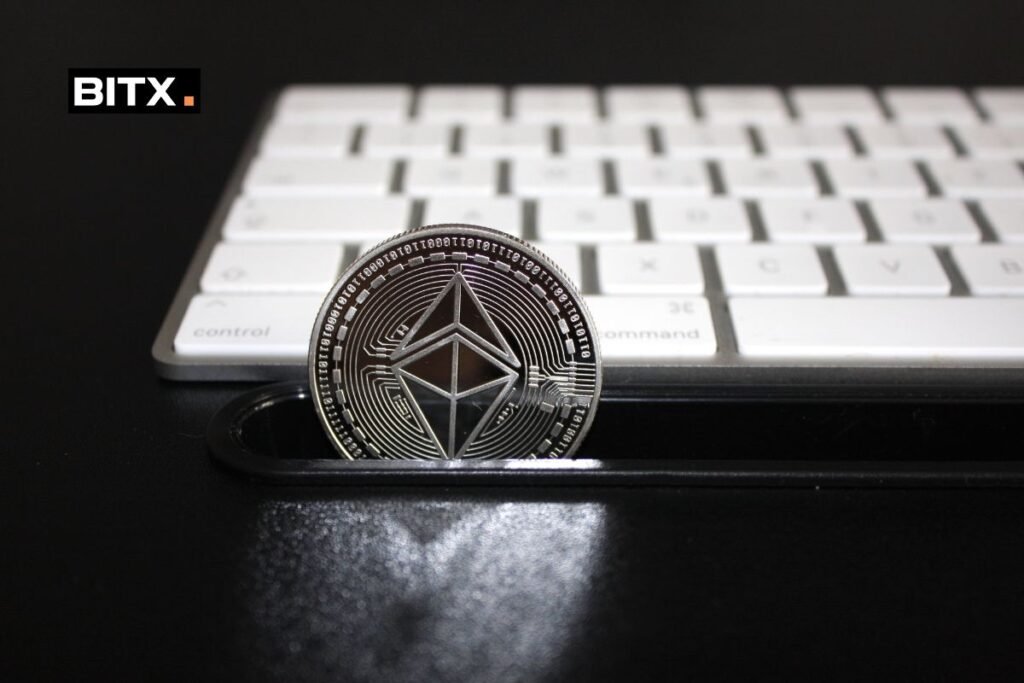Introduction
In the world of blockchain, Ethereum stands out as a leading platform for decentralized applications (dApps). However, a common challenge many users face when interacting with Ethereum is the gas fee, a pay-to-play mechanism that powers the network. This article aims to demystify Ethereum gas fees, shedding light on what they are, why they exist, and how they are calculated.
Understanding Gas
What is Gas?
Gas is the fuel that powers transactions and smart contract executions on the Ethereum network. It acts as a unit of measurement for the computational effort needed to process and validate a transaction or contract execution.
Gas Price and Gas Limit
Each transaction or contract call consists of two parts: gas price and gas limit. The gas price is the amount of Ether (ETH) you’re willing to pay per gas unit, while the gas limit is the maximum amount of gas you’re willing to spend on a transaction.
Why Gas Fees Matter
Gas fees are crucial to maintaining the Ethereum network’s security and decentralization. They serve as an incentive for miners to include transactions in blocks and validate smart contracts, ensuring the network’s smooth operation.
Factors Affecting Gas Fees
Several factors can influence the gas fee you pay when transacting on Ethereum:
1. Network Congestion: When the network is busy, more transactions compete for the limited space in blocks, leading to higher gas fees.
2. Complexity of Transaction: More complex transactions, such as ones involving smart contract interactions, require more computational power and thus cost more gas.
3. Gas Limit: If the gas limit is set too low, a transaction may fail, and you may end up paying higher fees to resubmit it.
4. Gas Price: The gas price you set directly impacts the overall gas fee. A higher gas price can lead to faster confirmation times, but it’s essential to find a balance between quick confirmation and cost-effectiveness.
Predicting Gas Fees
Predicting gas fees can be challenging due to the dynamic nature of the Ethereum network. However, several resources, such as GasNow, Etherscan, and GasStation, can provide real-time gas fee estimates based on average gas prices and historical data.
Conclusion
Understanding Ethereum gas fees is a vital aspect of interacting with the Ethereum blockchain. By knowing what factors influence gas prices, you can make informed decisions about your transactions and optimize your gas usage for cost-effectiveness. As the Ethereum network continues to evolve, expect improvements in scalability and gas fee optimizations to make transactions faster and cheaper.

